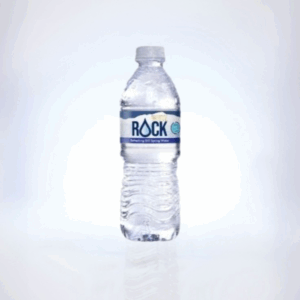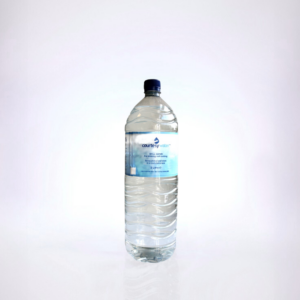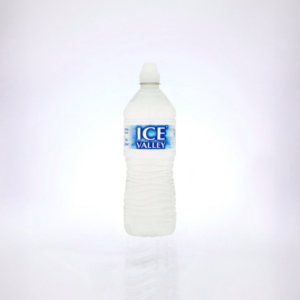Blog & News
Explore our latest articles and discover how we’re shaping the future of reliable, resilient alternative water solutions across industries and communities nationwide.
Basket
0 items




Explore our latest articles and discover how we’re shaping the future of reliable, resilient alternative water solutions across industries and communities nationwide.